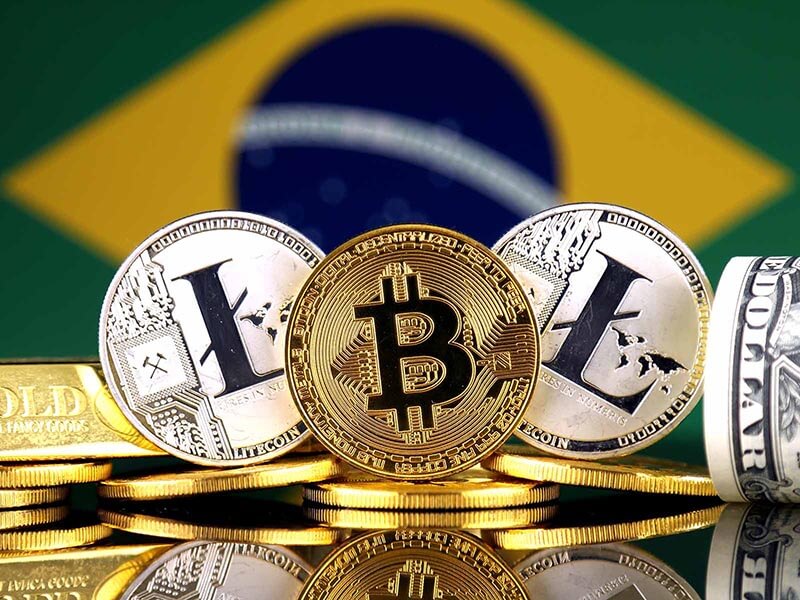ICOBox Head of International PR Dima Zaitsev comments on the recent research on crypto asset backers published in Brazil.
The most recent industry research coming out of Brazil, titled “The Profile of the Crypto Backers in Brazil” – “O Perfil do Investidor de Criptomoedas no Brasil,” in Portuguese – reveals some interesting trends.
In what should come as no surprise to anyone, the paper shows that Bitcoin holds a dominant market position. Eighty-six percent of backers surveyed declared that they hold the main cryptocurrency. Other digital assets present in the portfolios of respondents are Ether (47%), Litecoin (30%), IOTA (21%), and Ripple (21%). According to the survey, the average Brazilian market participant has two to three cryptocurrencies in his portfolio.
As for the profile, the majority of Brazilian cryptocurrency backers continue to be men (92%), with women accounting for only 8% of the market. There is a certain balance when it comes to the age of cryptocurrency market participants. Most investors are between 20 and 25 years old, with two other age groups, 26-30 and 31-40, each accounting for about 20%. According to the survey, the average age of a crypto backer is 28 years.
The real surprise in the survey has to do with average income. The vast majority of crypto holders (40%) earn less than three minimum wages – i.e. less than BRL 2,500.00 ($600). 29.5% earn between BRL 2,500.00 ($600) and BRL 5,000.00 ($1,200). Only 2% of backers earn more than BRL 50,000.00 ($12,000). This shows that the poorest part of the population has the greatest interest in Bitcoin, and that is remarkable.
Theoretically, these people should be the least likely to place their money in such a volatile market. However, the greater access to knowledge, lower entry threshold, and reduced bureaucracy when creating a portfolio or registering on a cryptocurrency exchange compared to the traditional financial market may have made this the easiest introduction to financial markets for this category of people.
Whatever the explanation, there seems to be a gradual shift from traditional savings to a long-term strategy based on cryptocurrency. Research has shown a fairly even split between those who also have traditional assets (55%) and those who only hold crypto (45%). It is worth mentioning that some people in Brazil have turned to crypto assets because of their skepticism about the traditional financial system. The number of people who claimed to have invested in these assets as an alternative to the traditional banking system was 72%, a figure which seems to be borne out by the number of investors who only have crypto in their portfolio.
As for the knowledge about the subject, the interviewees affirm that they are familiar with the most basic terms such as crypto, wallets, and blockchain (93%, 88%, and 85%, respectively). Even more complex terms like double spending and proof-of-work had relatively high knowledge rates, taking 44% and 51%, respectively. Interesting data, given the predominant economic range of the interviewees. In a rough way, this indicates that the participants in this market have looked for additional information on the concepts and terms involved in the cryptocurrency industry.
As for motivation, the majority of those who invest heavily in the crypto market (79.6%) say they are looking for long-term gains, while 54% say they are also seeking short-term benefits. The percentage of people who said they had invested due to the hype surrounding the industry or at the recommendation of relatives and friends turned out to be quite low, with 78% and 60% of respondents, respectively, denying these assertions.
Noting that at least half of the interviewees were aware of the market in the middle of 2017 gives us an indication that news programs stimulated the search for knowledge on the subject. It is also revealing that friends and trends carried less weight in making these financial decisions. People, even the most disadvantaged, seem to have a better understanding of the disruptive nature of this technology than the more affluent.
What are your thoughts on this new research? Are you surprised that most crypto investors in Brazil earn less than minimum wage? Let us know in the comments below.
Images courtesy of DepositPhotos
